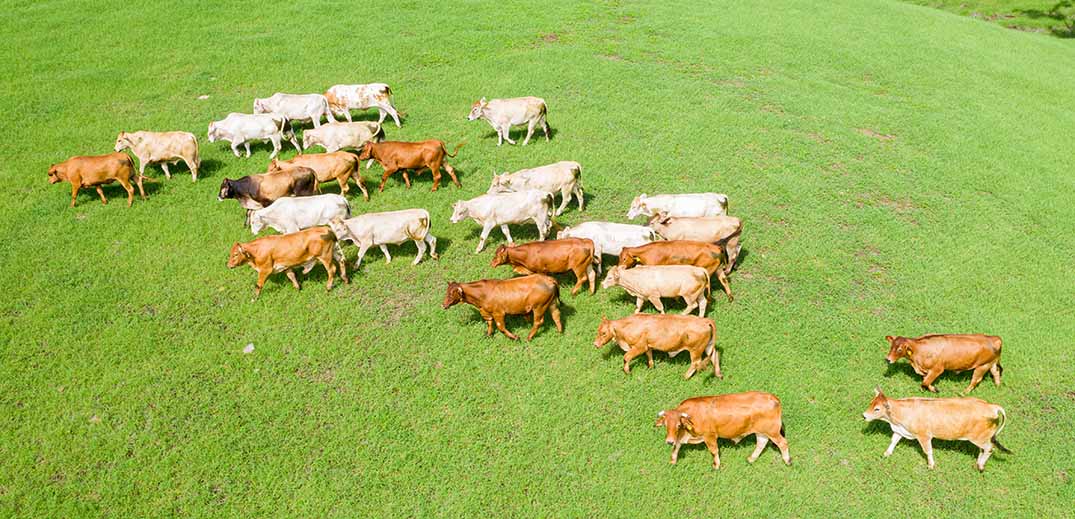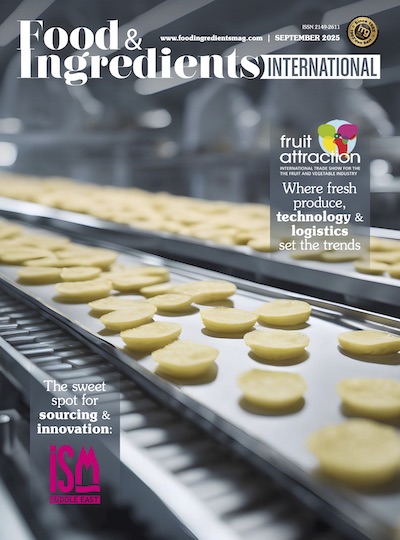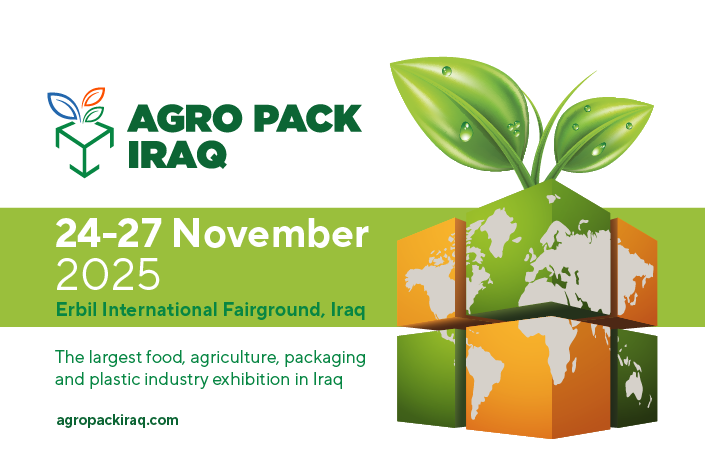Milk is an important source of nutrients, like protein, calcium, and vitamins, and provides several health benefits across life stages. On World Milk Day, Nestlé is highlighting its research into new technologies to reduce dairy’s impact on the environment and its work to implement solutions at scale.
Nestlé is exploring different approaches to reduce dairy’s greenhouse gas emissions. The company is working with farmers, suppliers, leading universities, industry organizations, start-ups and local governments to research, test, validate and scale up different agricultural solutions and technologies, including for dairy livestock.
One area of research is on feed supplements that can reduce methane emissions from enteric fermentation – the cow’s digestion process and the largest source of emissions in fresh milk production. In the United States, for instance, Nestlé is facilitating research to assess the efficacy and the human, animal and environmental health and safety aspects of feed supplements, which have the potential to reduce enteric methane emissions.
The second biggest source of greenhouse gas emissions on a dairy farm is from the feed for cows – for example, from its production, storage, and disposal. Nestlé is working with farmers to implement regenerative agriculture practices, such as the introduction of cover crops1 or more widespread use of organic fertilizers, in the production of feed to cut emissions. Farmers on one of Nestlé’s pilot farms in South Africa, for instance, are growing their own multispecies pasture for animal feed while reducing the use of chemical fertilizers. This helps improve soil quality, which enables more carbon capture. The company also supports farmers in calculating exactly how much feed cows need based on factors like weight, age, and gestation period to reduce overfeeding and waste.
Better manure management will also help reduce dairy farm emissions. In Mexico, for instance, cow manure is separated into liquids and solids. The solids are composted and returned to the soil while the liquid is incorporated into the irrigation system.
In addition to these approaches, Nestlé is working with many more dairy farmers around the world. Through over 100 full-scale climate projects, farmers are planting trees on existing pastures, introducing multiple species on pastures, establishing new pastures in woodlands (silvopasture), rotating the land where cows graze, collecting and storing manure, and adopting more renewable sources of energy. In Brazil, for instance, Nestlé is working with more than 1,500 dairy farmers to adopt more animal-friendly housing systems, cover cropping and more renewable sources of energy as well as practices to help conserve water. Nestlé is helping small and medium-sized farmers in Pakistan increase their efficiencies through low-stress housing for animals, farmer capacity building and solar and biogas energy, among others. In Chile, Nestlé is working with farmers to improve pasture yields through multi-species pastures, rotational grazing and pasture management, while helping them improve nitrogen use efficiency.
Researchers at the company’s recently inaugurated Institute of Agricultural Sciences look for ways to reduce emissions, while considering the nutritional quality of milk, food safety, regulatory compliance, and animal welfare. The effectiveness of new technologies and approaches are evaluated on multiple research farms all over the world. Before being scaled up, they need to prove to be operationally feasible and economically viable for farmers.
There is no one-size-fits all approach. Different practices and different solutions need to be applied in different combinations depending on an individual farm’s crops, livestock, environment, soil type, and many other factors. Solutions to reduce dairy emissions will be essential in Nestlé’s journey to reach net zero greenhouse gas emissions by 2050.
1 Plants whose objective is to cover the soil to avoid erosion, increase soil fertility and quality and water retention.























